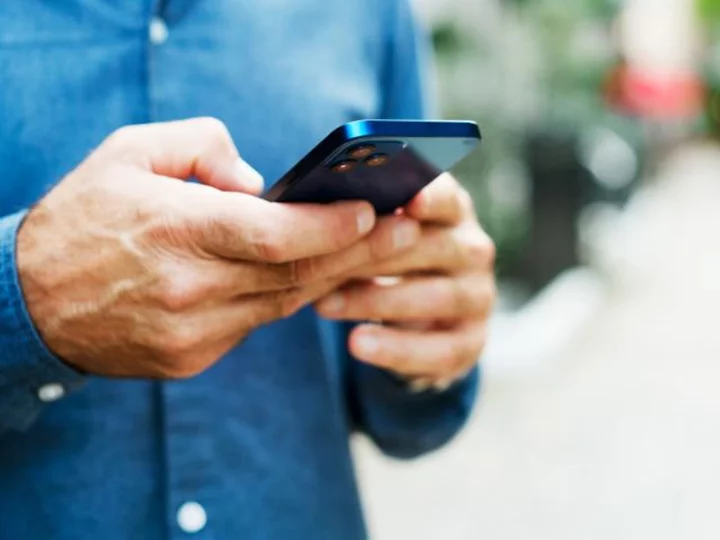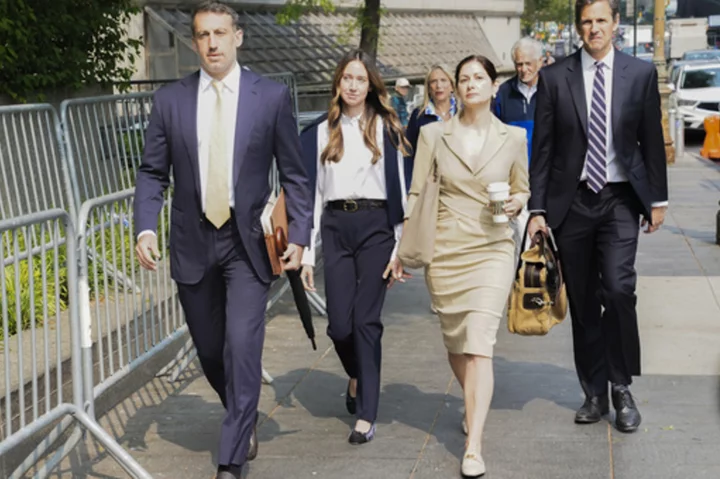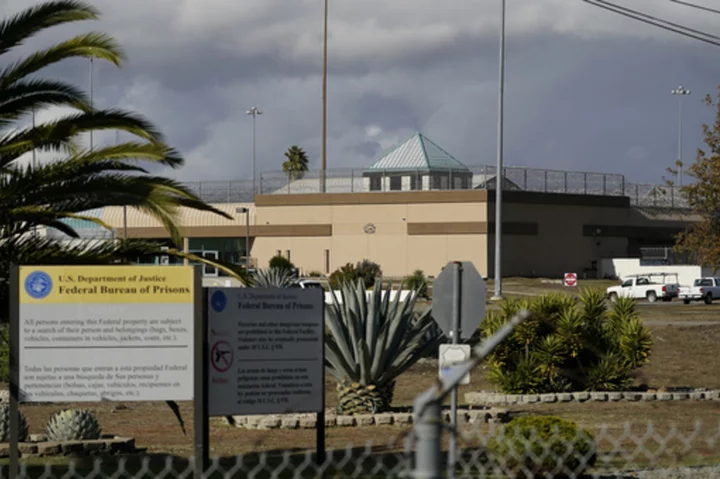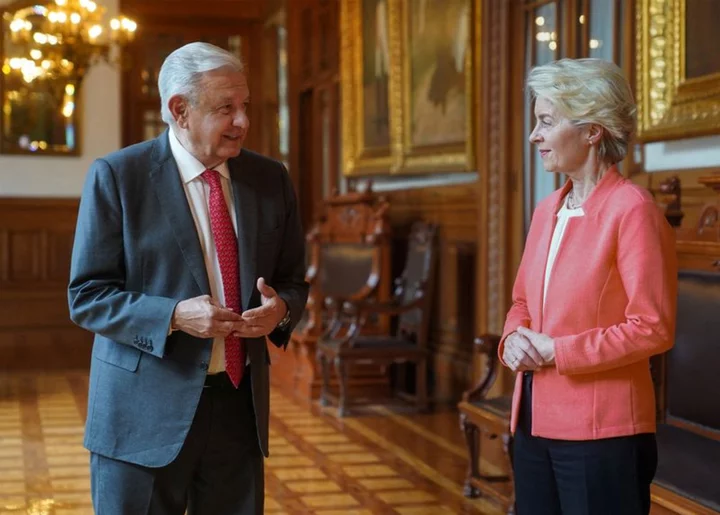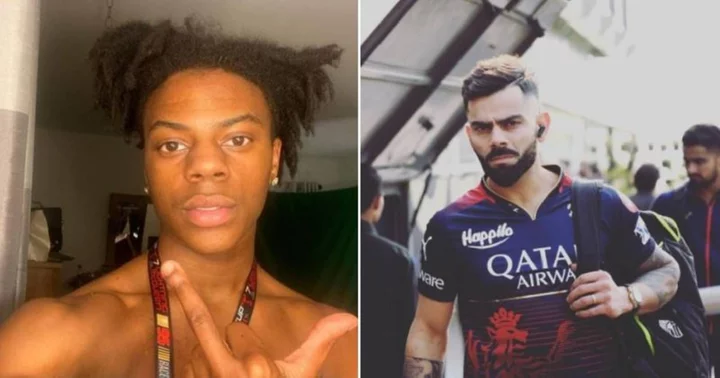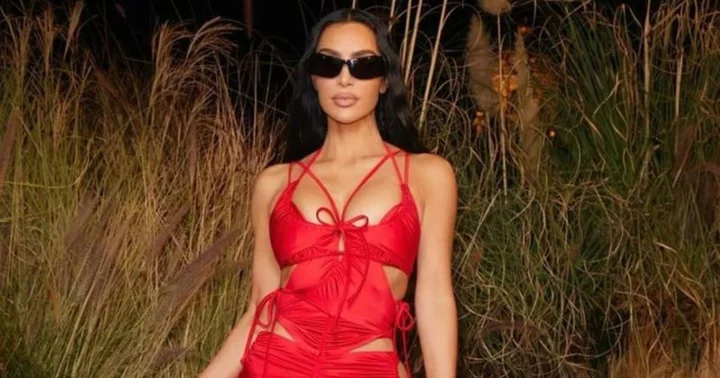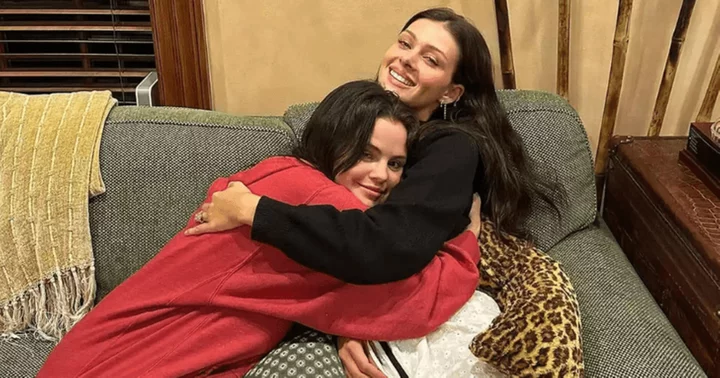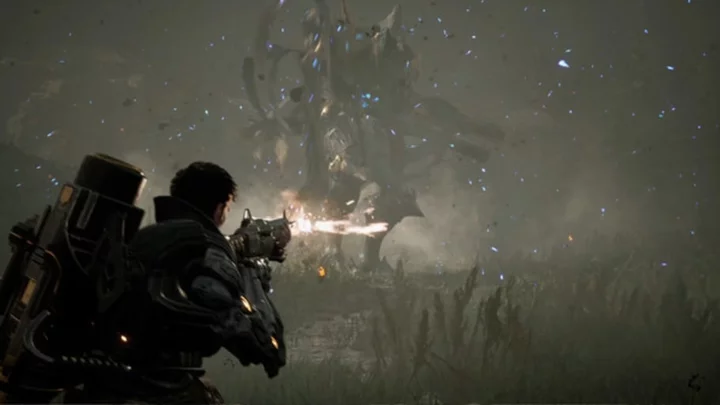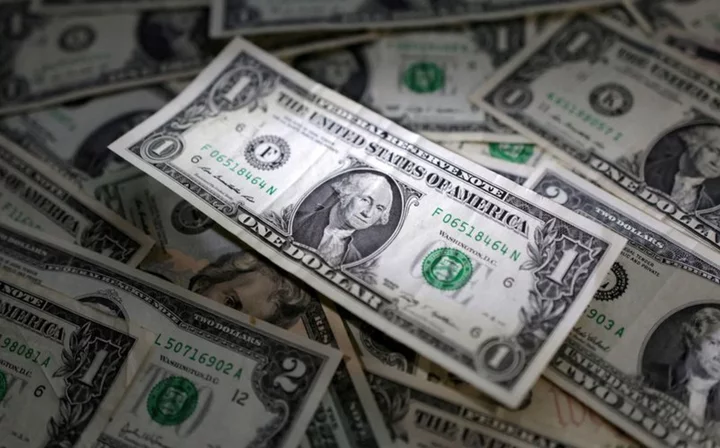A state is banning TikTok.
The Supreme Court is protecting Twitter from being held responsible for terrorist tweets.
Meanwhile, nobody's really sure if that's a person or a machine speaking.
Americans' commitment to freedom of speech is colliding with their dislike of the Chinese government and their addiction to social media.
Those digital-age angles are all separate from the ongoing and increasingly rancorous disputes over views on morality.
A wave of protectionist laws are meant to shield children but are chilling what can be said about sexuality in school -- at a time when more people feel they have a reason to discuss it. Even drag shows, celebrations of free expression, are being targeted in Florida.
Conversely, complaints of an uncompromising attitude toward opposing views, particularly on college campuses, is leading to calls for conservatives to be protected for their views.
What people have the freedom to say and where they have the freedom to say it has been up for debate for the entire history of the country, but it feels like we are entering a period of growing pains on multiple fronts.
How could a TikTok ban even work?
Nationalist fears of China led the state government of Montana to impose -- or start trying to figure out how to impose -- a ban on TikTok, the app that's sensationally popular with young people, for everyone in the state.
If that seems legally dubious and impossible to enforce, it may well be both of those things. Just ask people in Russia how to get around government internet censorship.
The bill signed into law by Montana's governor on Wednesday won't go into effect until January, assuming it survives widely expected court challenges. And there are real questions about how it could be enforced.
In addition to prohibiting TikTok from operating inside Montana state lines, the law could also impose fines of up to $10,000 per violation per day on companies like Apple or Google that host TikTok in their app stores.
What's wrong with TikTok? From CNN's main report: TikTok is owned by China-based ByteDance. Many US officials have expressed fears that the Chinese government could potentially access US data via TikTok for spying purposes, though there is so far no evidence that the Chinese government has ever accessed personal information of US-based TikTok users.
The FBI has also warned that China, through TikTok, could use information about Americans to mold public opinion if it invades Taiwan.
While it might make obvious sense for the US and state governments to ban the use of TikTok on devices they own, banning it for everyone in a state seems like something else entirely, particularly when the platform is being used as a unique forum for content creation and expression.
Just one example of how expression on TikTok can be important: We learned about the teacher being investigated by the Florida Department of Education for showing a Disney movie featuring a biracial and gay character because of her viral TikTok video.
RELATED: Despite TikTok ban threat, influencers are flocking to a new app from its parent company
Larger concerns about social media
Opposing TikTok's right to exist because of a possible national security threat is a separate thing from concerns over how its algorithm, like those of other social media platforms, influences what people see.
CNN's Clare Duffy saw some uncomfortable and eye-opening things when she took over a 14-year-old's TikTok account. Watch her report.
But the Montana law is not targeting other platforms where there is misinformation, hate speech or content that is inappropriate for children. The Montana TikTok ban is focused squarely on China.
Supreme Court sides with Twitter
In fact, where it comes to questionable content on social media platforms, the Supreme Court is sticking up for free speech, in a way, by shielding Twitter from liability for terror-related content.
In two important decisions, the court declined to review a portion of US law known as Section 230 of the Communications Decency Act, which separates the platform -- Twitter, TikTok, Instagram of Facebook -- from accountability for what is published, meaning the tweet, video or message a user posts.
From CNN's report: In one of the two cases, Twitter v. Taamneh, the Supreme Court ruled Twitter will not have to face accusations it aided and abetted terrorism when it hosted tweets created by the terror group ISIS. ... The Twitter decision was unanimous and written by Justice Clarence Thomas, who said that social media platforms are little different from other digital technologies.
"It might be that bad actors like ISIS are able to use platforms like defendants' for illegal -- and sometimes terrible -- ends," Thomas wrote. "But the same could be said of cell phones, email, or the internet generally."
Read more about the court's decisions.
Promised free speech absolutism, this is what we got
Elon Musk bought Twitter with a promise to make it more friendly to all kinds of legal speech. What's happened is the entire tenor of the platform, at least from what I've seen, has changed to be even more aggressively hateful and less factual.
Musk gutted Twitter's content moderation since buying the company and turned a verification originally meant to help sift authentic tweets into a pay-for-play model.
He's also increasingly used his own account to push conspiracy theories. This week, he attacked George Soros. (Full disclosure: I lost my own check mark in the purge. But where I once viewed Twitter as an essential part of modern journalism, I use it less and less today.)
RELATED: Graphic images of Texas mall shooting spread on Twitter, rekindling debate on how much to share
Twitter founder and former CEO Jack Dorsey wants to answer both the nationalist frustration of the Chinese government potentially having access to all of the information on TikTok and the problem of a company monetizing the public square.
He's introduced a new platform called Bluesky that looks a lot like Twitter but is very different -- a decentralized network independent of states or companies and more accountable to users in terms of privacy and content moderation. Read more about the new app.
Who knows if Bluesky, which is not yet widely available, or any of the other similar networks like Mastodon will survive or flourish. Who predicted that TikTok would become so popular?
Is that speech from a person or AI?
Lawmakers in Congress were encouraged to regulate artificial intelligence, which has gotten so sophisticated you can't really be sure that what's being said is coming from a human.
OpenAI CEO Sam Altman tied the rise of AI platforms like ChatGPT to freedom of expression when he referred to the growing ability of these platforms to mimic human expression as a potential "printing press moment" that needs new regulation to protect against the manipulation of people and voters. Read CNN's full report on his testimony to Congress.

